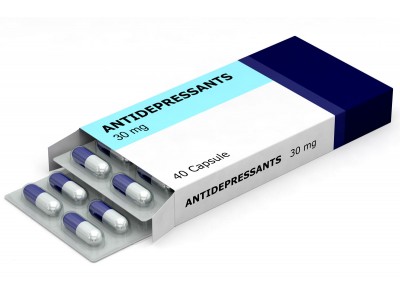Antidepressants can impact cognition and memory in various ways, and these effects can differ depending on the specific type of antidepressant and the individual. Generally, the impact on cognitive functions like short-term memory and concentration can vary.
Selective serotonin reuptake inhibitors (SSRIs), which are among the most commonly prescribed antidepressants, are generally considered to have a relatively mild impact on cognition. While they are effective for treating depression and anxiety, some individuals report experiencing mild cognitive issues, such as difficulties with concentration or short-term memory. These effects are usually not severe and may improve as the body adjusts to the medication.
Tricyclic antidepressants (TCAs) can sometimes have more pronounced effects on cognition. They are known to have anticholinergic properties, which can lead to side effects like dry mouth, constipation, and blurred vision. Anticholinergic effects can also impact cognitive functions, leading to problems with memory and concentration. This is particularly true in older adults, who may be more sensitive to these side effects.
Monoamine oxidase inhibitors (MAOIs) have a similar profile in that they can affect cognitive function due to their impact on neurotransmitter systems, although these effects are less commonly reported compared to TCAs.
Atypical antidepressants, such as bupropion or mirtazapine, generally have a different side effect profile and may have less impact on cognition compared to TCAs or MAOIs. Bupropion, in particular, is noted for having a lower risk of cognitive side effects and is sometimes chosen for patients who are concerned about potential impacts on memory and concentration.
In some cases, cognitive issues may be a result of the underlying depression itself rather than the medication. Depression can significantly impair cognitive functions like concentration and memory. As antidepressants help alleviate depressive symptoms, improvements in cognitive function may follow.
However, if you experience significant cognitive difficulties, such as persistent forgetfulness or concentration problems, it’s important to consult with your healthcare provider. They can evaluate whether the antidepressant might be contributing to these issues and consider adjusting the medication or exploring other treatment options.
